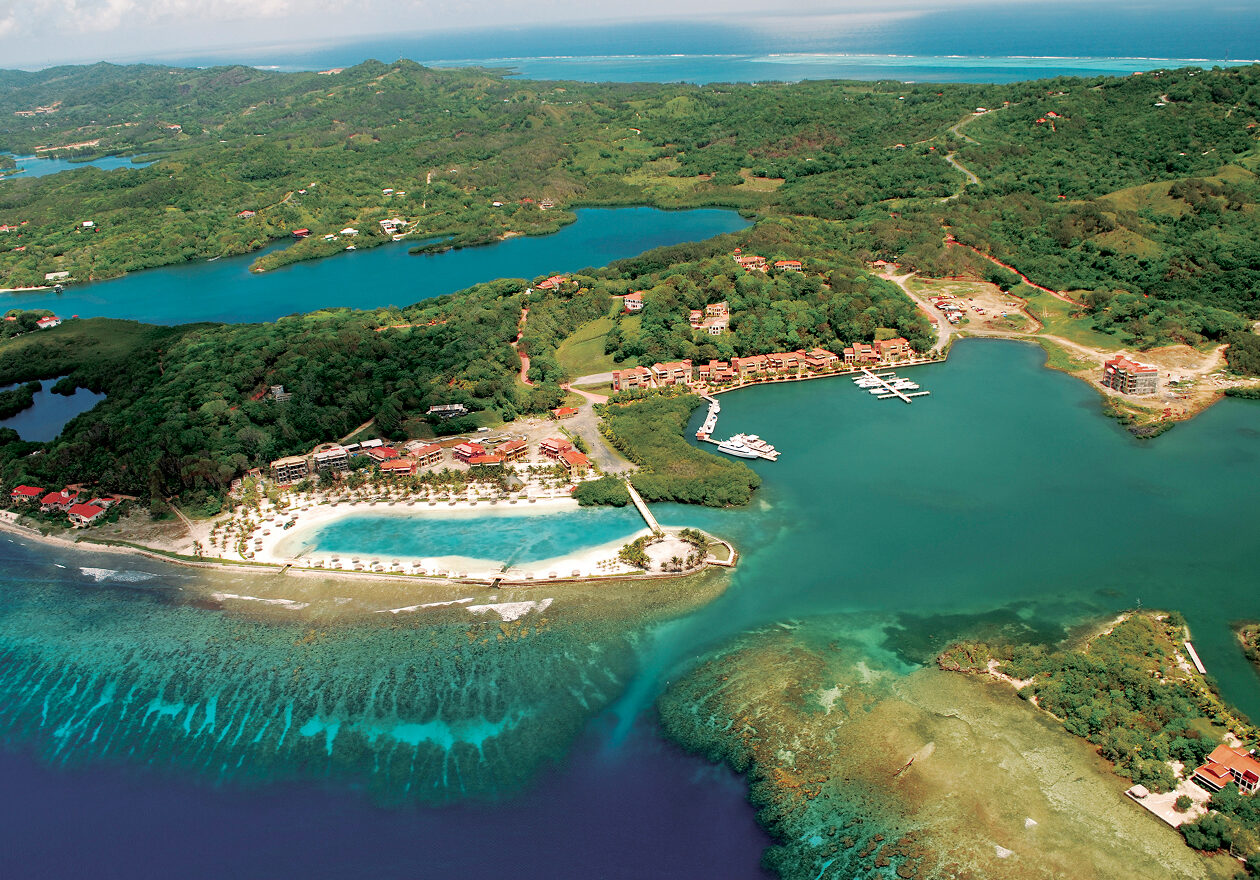Become a clinic partner to access the latest innovations in gene therapy.
Get startedWhy work with us?
We partner with licensed clinics to offer investigational gene therapies under responsible medical supervision.
Our Clinic Partners
We’re expanding global access to the latest gene therapy technologies alongside innovative clinics around the world.





Address health concerns, enhance abilities, and promote longevity with Minicircle’s modern gene therapy.

Become a clinic partner.
Join our network of innovative clinics building the future of health and wellness.
FAQs
Plasmid gene therapy delivers genetic instructions to your cells, enabling them to produce therapeutic proteins internally. Rather than frequent injections of an externally manufactured protein, Minicircle plasmids (circular DNA molecules) prompt the body’s own cells to synthesize the proteins. While results may vary, a single injection of plasmid can support protein production for an entire year, depending on the individual’s unique biochemistry. Learn more.
Minicircle’s therapy uses a single subcutaneous injection to deliver the therapeutic plasmid.
- The plasmid enters the nucleus but does not integrate into the genome.
- The cell produces the encoded protein (e.g. follistatin (FST)), which circulates in the bloodstream.
- The therapeutic effect depends on the specific protein and the individual’s response. For example, FST inhibits myostatin and activin in order to increase lean mass.
Minicircle vs. Viral Vectors (AAV)
- Cost/Scalability: AAV gene therapy often costs $300,000 or more per dose. Minicircle is designed to be more cost-effective at a fraction of the price.
- Storage: AAV requires -80°C storage. Minicircle plasmids are designed to be shelf-stable.
- Repeatability: AAV repeat dosing can be problematic due to immune system recognition and permanent impact. Minicircle is designed to have a lower immune activation risk to allow for adjustment in dosing.
Minicircle vs. CRISPR
- Permanence: CRISPR introduces permanent edits to the genome that are irreversible with potential long-term risks of unintended effects. Minicircle plasmids do not edit the genome, allowing effects to diminish naturally over time.
- Immunogenics: CRISPR’s permanent modifications to DNA may risk trigger negative autoimmune response, Minicircle does not integrate into DNA, offering flexibility in dosing with reduced immune activation risk.
Minicircle gene therapies are administered as a single subcutaneous injection by licensed physicians in clinical settings.
Minicircle’s gene therapy is currently available through its clinical partner, the GARM Clinic, located in Roatan, Honduras, and Paradise Island in The Bahamas. See our clinic locations here. Minicircle anticipates working with additional clinical partners in other locations in the future.
Minicircle’s research and development (as well as its clinical partner) are based in the Prospera ZEDE, a special economic zone created to foster innovation in a globally harmonized regulatory framework. Additional international locations are planned for the future. Our clinicians adhere to rigorous safety protocols, including rigorous research and a robust informed consent process to ensure transparency and autonomy.
Minicircle’s gene therapy is considered investigational and has not yet been approved by the U.S. Food and Drug Administration (FDA). Minicircle’s leadership, including its clinical partners, made the decision that FDA clinical trial requirements would limit patient access and research and development, and that greater progress and access could occur safely, transparently, and in legal compliance in jurisdictions with more science-driven and internationally harmonized regulatory frameworks. To date, this model has allowed over 500 individuals to receive treatment safely. Operating in its current environment supports the ethical development and administration of innovative therapies under careful medical supervision.
Minicircle’s long-term goal is to bring its therapies to the U.S. market (as well as other jurisdictions) through established regulatory channels, including clinical trials and potential FDA submissions.
Follistatin (FST) gene therapy is currently available through Minicircle’s clinical partners. Klotho gene therapy is under development and anticipated to launch in 2026.
Minicicle is headquartered in Austin, Texas, with clinical operations conducted through international partners.
Minicircle is preparing clinical trial data for publication. Please subscribe to our newsletter or follow us on social media for updates as data becomes available.
As of April 2025, approximately 500 participants have received FST therapy. Approximately 2/3 of patients to date have been male.
Participants must be 23 years or older based on Institutional Review Board (IRB) guidelines.
Minicircle plasmids should be stored at 4°C for long-term stability and kept at room temperature for short periods during handling. It should not be frozen and should be protected from direct sunlight.